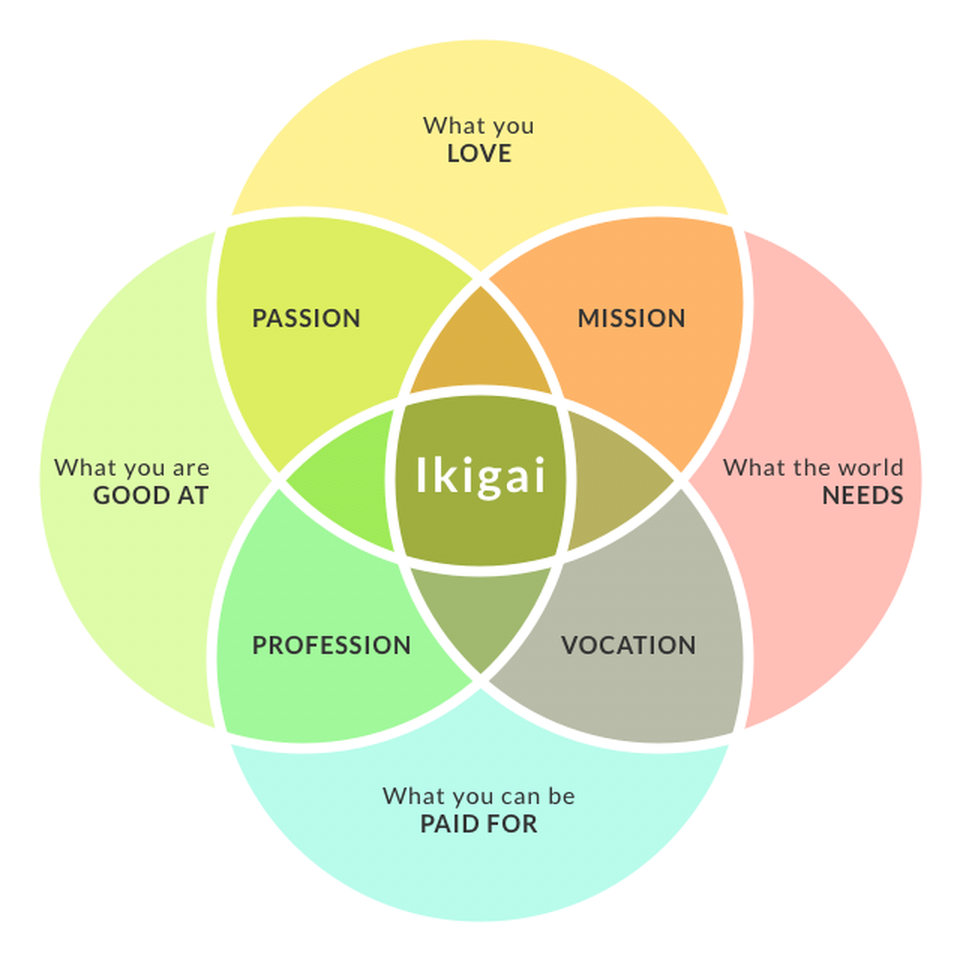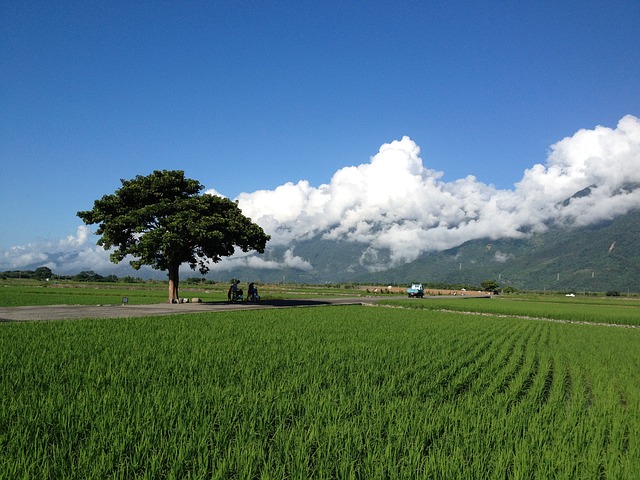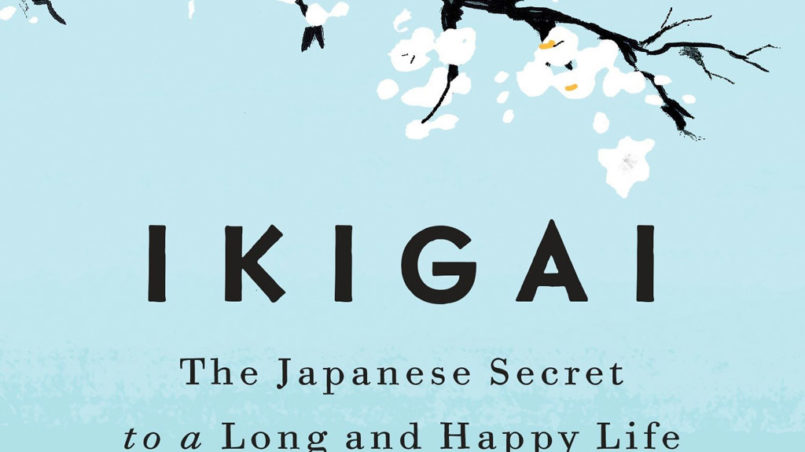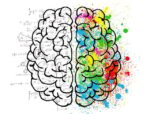I first saw this book at the roadside bookstall at Mumbai along with my office colleague. I was looking for the book by Ruchir Sharma – The Breakthrough Nations but ended up picking this book for my library. I was drawn into reading into this very lean book which had a simple caption – “The Japanese Secret to a Long and Happy Life”. The bookstall vendor had already heaped praise for the book. The secrets mentioned in this book are well researched based on the lifestyle of the most centenarians living on the island of Okinawa, Japan and other so-called Blue Zones. So, let’s get to the secrets.
1. IKIGAI
According to the Japanese, everyone has Ikigai – what a French philosopher might call a raison d’etre. Some people have found their Ikigai, while others are still looking, though they carry it within them. Those born on the Okinawa Island, which has the most centenarians in the world, say that it is “Our Ikigai” that is the reason we get up in the morning. The surprising thing about people living in Japan, is how active people remain after they retire. In fact, many Japanese people never really retire. There is no word in Japanese that means retire in the sense of “leaving the workforce for good”. It is also found according to the authors that these people not only live longer than the rest of the world’s population but they also suffer from fewer chronic illnesses such as cancer and heart disease. Based on the diagram by Mark Winn, the Ikigai is the intersection of your Passion, Mission, Profession and Vocation

2. MOAI – Connected for Life
The authors mention that it is customary in Okinawa to form close bonds with local communities. A Moai is an informal group of people with common interests who look out for one another. For many, serving the community becomes their Ikigai. The Moai has its origins in hard times, when farmers would get together to share the best practices and help one another cope with meagre harvests. Most of the elderly people around the world are subjected to isolation due to the sprouting of nuclear families and the level of unknown stress and anxiety of these retirees become the reason for their illness and sufferings. People at Okinawa maintain strong personal bonds and relations and they remain near to their loved ones in communities which are equally close knit. Their happiness lies in being around people of their own rather than migrating and earning wealth.

3. Active mind, Youthful body
There is much wisdom in the saying – “Sound mind in a Sound body”. Having a youthful mind also drives you towards a healthy lifestyle that will slow the aging process. One pioneer in advocating for mental exercise is the Israeli neuroscientist Shlomo Breznitz, who argues that the brain needs a lot of stimulation in order to stay in shape. Shlomo states that older people like to do things as they’ve already done them. The problem is that when the brain develops ingrained habits, it doesn’t need to think anymore. Things get done quickly and efficiently on auto pilot, often in a very advantageous way. This creates a tendency to stick to routines, and the only way of breaking these is to confront the brain with new information. Presented with new information, the brain creates new connections and is revitalized. This is why it is so important to expose yourself to change, even if stepping outside your comfort zone means feeling a bit of anxiety. Our neurons start to age while we are still in our twenties. This process is slowed, however, by intellectual activity, curiosity and a desire to learn. Dealing with a new situation, learning something new every day and interacting with others seem to be essential antiaging strategies for the mind.

4. Logotherapy
Viktor Frankl defines his school of psychology – Logotherapy – as the conscious discovery of the person’s life’s purpose in order to confront their neuroses. The quest to fulfil their destiny then motivates people to press forward, breaking the mental chains of the past and overcoming whatever obstacles they encounter along the way. According to Frankl, his study conducted in his Vienna clinic found that among both patients and personnel, around 80 percent believed that human beings needed a reason for living and around 60 percent felt that they had something or someone in their lives worth dying for. Frankl’s experience as a prisoner at Auschwitz showed him that “Everything can be taken from a man but one thing: the last of the human freedoms – to choose one’s attitude in any given set of circumstances, to choose one’s own way”. It was something he had to go through alone, without any help, and it inspired him for the rest of his life.

Logotherapy does not see the frustration as a mental illness, the way other forms of therapy do, but rather as spiritual anguish – a natural and beneficial phenomenon that drives those who suffer from it to seek cure, whether on their own or with the help of others, and in so doing to find greater satisfaction in life. This has helped people change their own destiny. In Man’s search for meaning, Frankl cites one of Nietzsche’s famous aphorisms: “He who has a Why to live for can bear with almost any How”
5. Going with the flow
We are what we repeatedly do, Excellence, then, is not an act but a habit
Aristotle
The author mentions that imagine you are skiing down one of your favourite slopes. Powdery snow flies up on both sides of you like white sand. Conditions are perfect. You are entirely focussed on skiing as well as you can. There is no future, no past. There is only the present. You are completely immersed in the experience, not thinking about or distracted by anything else. Your ego dissolves and you become part of what you are doing. This is the kind of experience Bruce Lee described with his famous quote “Be water, my friend”. As the quip attributed to Einstein goes, “Put your hand on a hot stove for a minute and it seems like an hour. Sit with a pretty girl for an hour and it seems like a minute. That is relativity”. In order to achieve this optimal experience, we have to focus on increasing the time we spend on activities that bring us to this state of flow, rather than allowing ourselves to get caught up in activities that offer immediate pleasure – like eating too much, abusing alcohol or engaging in excessive shopping.

What makes us enjoy doing something so much that we forget about whatever worries we might have while we do it? When are we the happiest? These questions can help us discover our Ikigai.
This is the core message I received from this book. It is a great book and I strongly recommend you to read it.
Thanks for reading.













Its a fantastic way of representing an entire book. Kudos, keep up the good work!
Many Thanks Ramesh
Very well narrated, continue writing. Happy and proud to read it👍👍👍👍👍
Many Thanks and value your comments.
Concept beautifully explained and very informative. Loved reading. Keep up the good work.
Thank you Ammanni. Glad you liked the narrative.
Very well written article to summarize the learnings from the book. Seems like a very interesting concept for a long and happy life 😊
Thank you. Appreciate your comments.